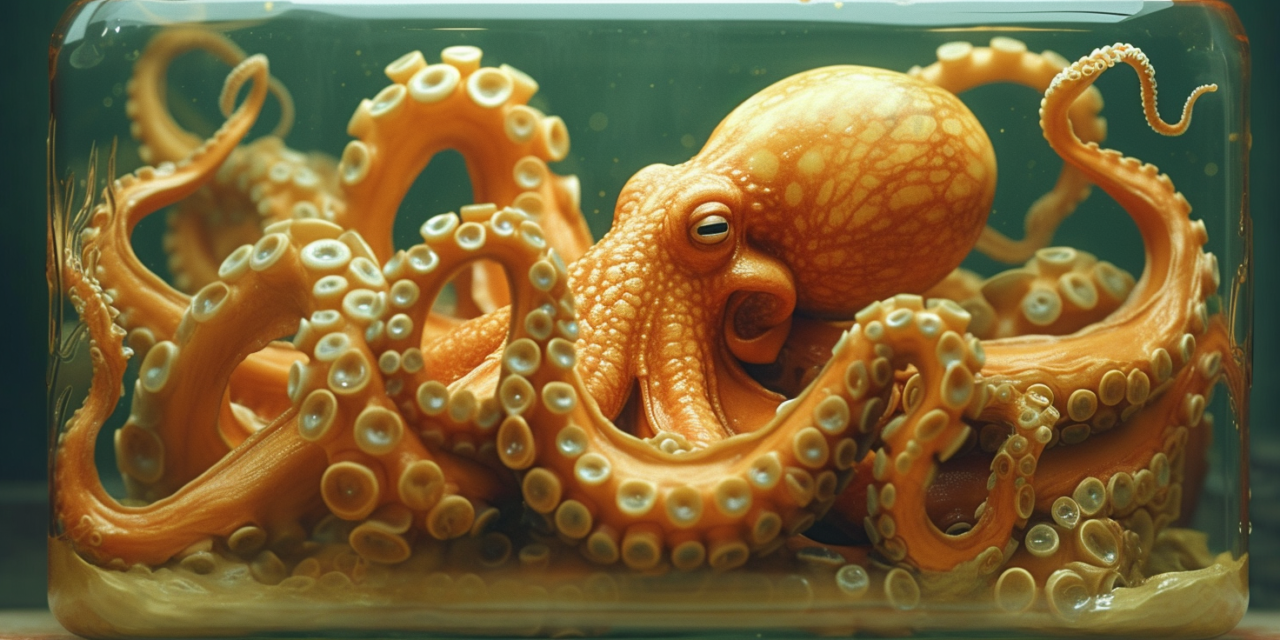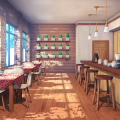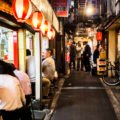
It was not so interesting driving at night. No dogs to see, only the highway lighted with his headlights. Doc speeded up to finish the trip. It was about two o’clock when he got to La Jolla. He drove through the town and down to the cliff below which his tidal flat lay. There he stopped the car, ate a sandwich, drank some beer, turned out the lights and curled up in the seat to sleep.
He didn’t need a clock. He had been working in a tidal pattern so long that he could feel a tide change in his sleep. In the dawn he awakened, looked out through the windshield and saw that the water was already retreating down the bouldery flat. He drank some hot coffee, ate three sandwiches and had a quart of beer.
The tide goes out imperceptibly. The boulders show and seem to rise up and the ocean recedes leaving little pools, leaving wet weed and moss and sponge, iridescence and brown and blue and China red. On the bottoms lie the incredible refuse of the sea, shells broken and chipped and bits of skeleton, claws, the whole sea bottom a fantastic cemetery on which the living scamper and scramble.
Doc pulled on his rubber boots and set his rain hat fussily. He took his buckets and jars and his crowbar and put his sandwiches in one pocket and his thermos bottle in another pocket and he went down the cliff to the tidal flat. Then he worked down the flat after the retreating sea. He turned over the boulders with his crowbar and now and then his hand darted quickly into the standing water and brought out a little angry squirming octopus which blushed with rage and spat ink on his hand. Then he dropped it into a jar of sea water with the others and usually the newcomer was so angry that it attacked its fellows.
It was good hunting that day.







